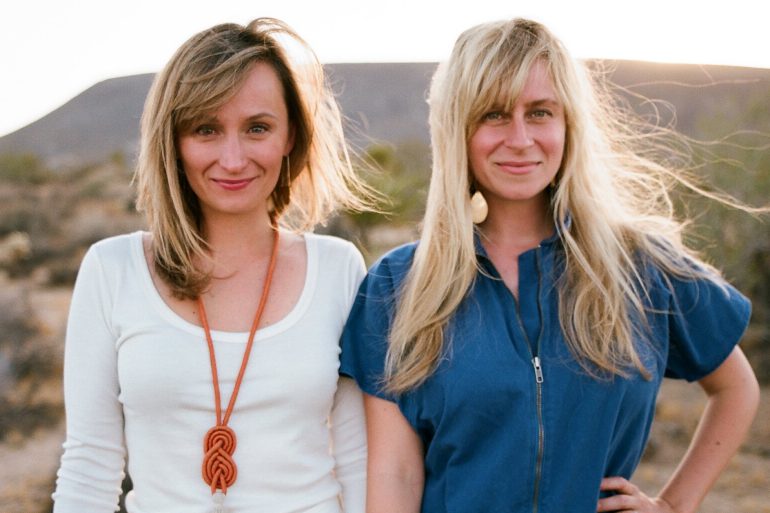Hopie and Lily Stockman, two sisters (of four) brought up on the farms of New Jersey, built and painted things together since young. And their comfortable and able partnership gave birth to Block Shop – a contemporary textile design enterprise that infuses traditional Rajasthani block-prints into fashionable and desirable patterns. Block Shop is an enterprise which has tied up with block printers in Bagru, a city known for natural dyes and hand block-prints in Rajasthan, to setup a textile business which sells the produce in LA.
About the founders
Hopie is a graduate in English Literature and has studied painting from Brown University, following it with a degree from Harvard Business School, where she learnt how to run a social business. She runs the studio in Los Angeles full-time, and is equal parts business operations and textile designer.
On the other hand, Lily is their design and branding “guru”. Lily studied painting at Harvard, and had stayed in Jaipur for a painting apprenticeship in 2010, which is where block-prints originated.
We spoke to these sisters and creative & business partners on what Block Shop is and how it benefits the people of Bagru. Here are some excerpts from this conversation…
How and why was Block Shop setup? And why particularly did they chose to work with the craftsmen of Bagru?
In 2010, Lily lived in Jaipur for a year on a painting apprenticeship while her husband was on a Fulbright scholarship studying water distribution in India. She began to research hand block printing, and a textile historian friend introduced her to our master printer in Bagru. They started working together on block prints as an art project.
Meanwhile, Hopie was working in finance in San Francisco, and fell in love with the designs and process Lily shared over email. Six months later she was on a plane/train/auto to Bagru, where she visited our master printer and his family to establish a partnership.
At that time, the demand in local markets for his designs were dwindling. Cheaper, toxic forms of printing threatened (and continue to threaten) the future of hand block printing. So we hatched a business plan focused on preserving the ancient art form and infusing it with modern design. Now, our master printer, Vijendra, is the foreman of Block Shop and we employ over 20 printers in the village of Bagru.
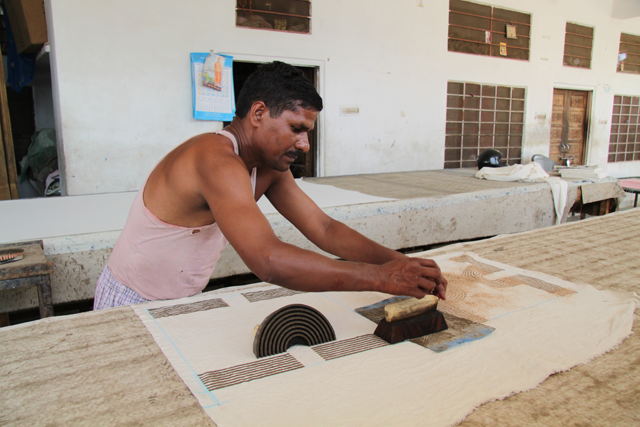
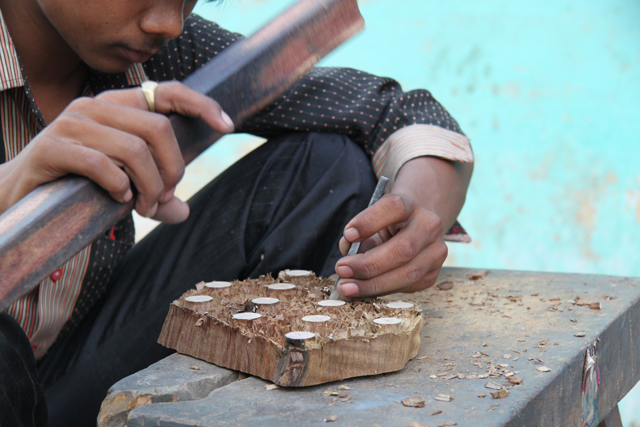
What is your business model?
Our products are a collaboration between us sisters and a family of printers and dyers in Rajasthan. Our entire process is manual: we design on paper, print with wooden blocks, and dye in small batches – the same way it’s been done in India for more than three centuries. No two textiles are exactly alike.
Transparency is our core operating principle. We want our customers to be able to see the faces and hands of the artists who make our textiles. And vice versa – some of our printers are on Instagram and Facebook, and they love being able to see the end result of their beautiful work.
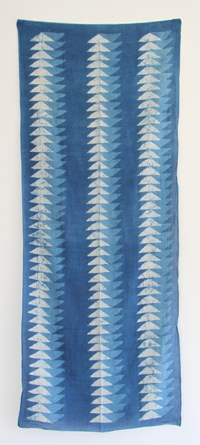
Are Indian block prints popular in LA?
There is a real appetite here for beautiful handmade textiles from around the world. In particular, people are very curious about traditional textile processes in India, whether it’s hand weaving or hand block printing. Our customers in LA also ask great questions. Fair wages, environmentally sustainable materials, and commitment to community development are extremely important to them.
While our designs are modern, our production technique is still very 19th century; every piece is an homage to the history of Indian hand block printing. Companies like Anokhi and Dosa are our inspiration.
How have the people of Bagru benefitted from this?
Each year, Block Shop invests 5% of profits to build and implement community healthcare programs. Our first program provided primary general care, eye care and cataract surgeries through a mobile clinic, which served over 250 people in community. In our second year, we installed water filters and tanks in the homes of our co-op members to help eliminate waterborne illness. Our next initiative will focus on women’s health. Measurement is important to us, so we design our programs based on greatest potential for impact.
As is the case with many craft industries in India, the next generation of block printers is a big question mark– printers face myriad health issues, and the work is physically strenuous. Instead of bringing their kids into their workshops from a young age, printers are sending their children to school to become doctors and engineers; which is vital to the future of a healthier, wealthier rural India. How does the culture of block printing persist as the next generation of Bagru leaves the village in pursuit of a different life? There is no simple answer. But we’re starting with the healthcare issue.
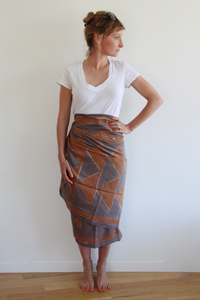
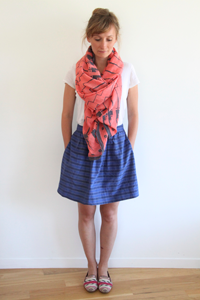
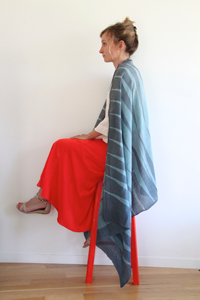
What’s the latest update from Block Shop?
Our goal for the future is to become an international lifestyle brand that produces the highest quality textiles through authentic processes and measurable social impact. As we expand into home textiles this spring and beyond, we plan to keep our collections focused and consistent.
Visit Block Shop’s website and Facebook page for more.

